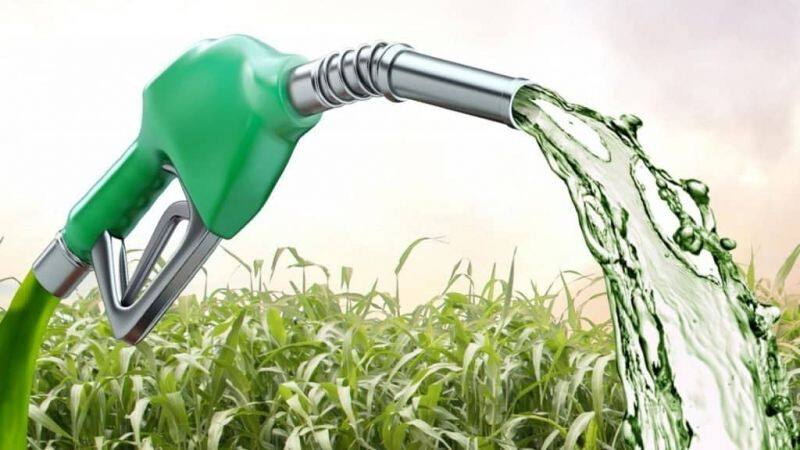
Brazil is set to take a significant step towards boosting its biofuel industry and reducing its carbon footprint by proposing an increase in the ethanol blend in gasoline to 30%. The government's plan, expected to be submitted to Congress by the end of the year, aims to elevate the current blend from 27%, signaling a strong push for sustainable energy practices.
The decision follows the confirmation of the technical feasibility of the new E30 blend (30% ethanol, 70% gasoline) by the Maua Institute of Technology (IMT). According to the Ministry of Mines and Energy (MME), the implementation of E30 is projected to lower gasoline prices by up to 0.13 reais (approximately $0.02) per liter and reduce gasoline imports by 760 million liters annually. This move is expected to stimulate domestic biofuel production and attract substantial investments.
The MME forecasts that E30 will generate an additional demand of 1.5 billion liters of ethanol per year, driving approximately $9 billion in investments. Furthermore, the policy is anticipated to reduce greenhouse gas emissions by 1.7 million tons annually, equivalent to removing 720,000 vehicles from the roads. This initiative aligns with Brazil's "Future Fuel Law" (Lei de Combustíveis do Futuro), which aims to modernize and decarbonize the country's energy matrix.
Experts see both opportunities and risks in this policy shift. Rodolfo Taveira, director of energy and resources at Oliver Wyman Consulting, highlighted the economic benefits, including reduced dependence on imported gasoline and improved trade balance. With gasoline imports reaching approximately 4 billion liters in 2023, the increased ethanol blend could lead to expanded ethanol production, job creation, and increased tax revenue. Taveira also noted that the Future Fuel Law allows for blends of up to 35%, indicating potential for further policy development.
However, Taveira cautioned that increased ethanol ratios could lead to engine performance issues and higher maintenance costs, particularly in diesel and biodiesel blends. He emphasized the necessity of thorough research and testing to validate technical feasibility.
This policy push comes amidst ongoing debates in Congress regarding the elimination of mandatory ethanol and biodiesel blend regulations. Simultaneously, fuel distributors have called for a halt to biodiesel sales due to quality control concerns. In response, Minister of Mines and Energy Alexandre Silveira strongly refuted these demands, stating that attempts to undermine the entire industry based on non-compliance by a few companies are absurd.
Looking ahead, the Brazilian government aims to achieve both economic revitalization and environmental protection through the E30 policy. However, concerns about vehicle performance and industry conflicts remain potential obstacles. The success of this proposal will depend on further discussions and its passage through Congress. Experts view this move as a critical test for Brazil's sustainable energy transition.
[Copyright (c) Global Economic Times. All Rights Reserved.]




























